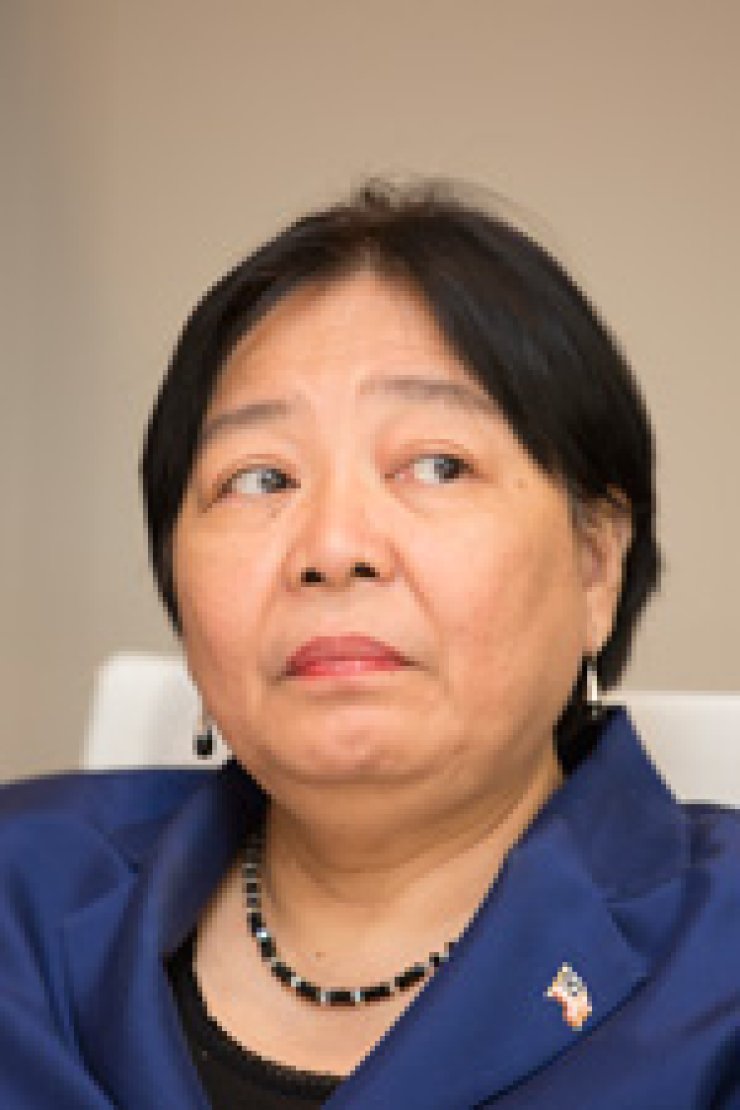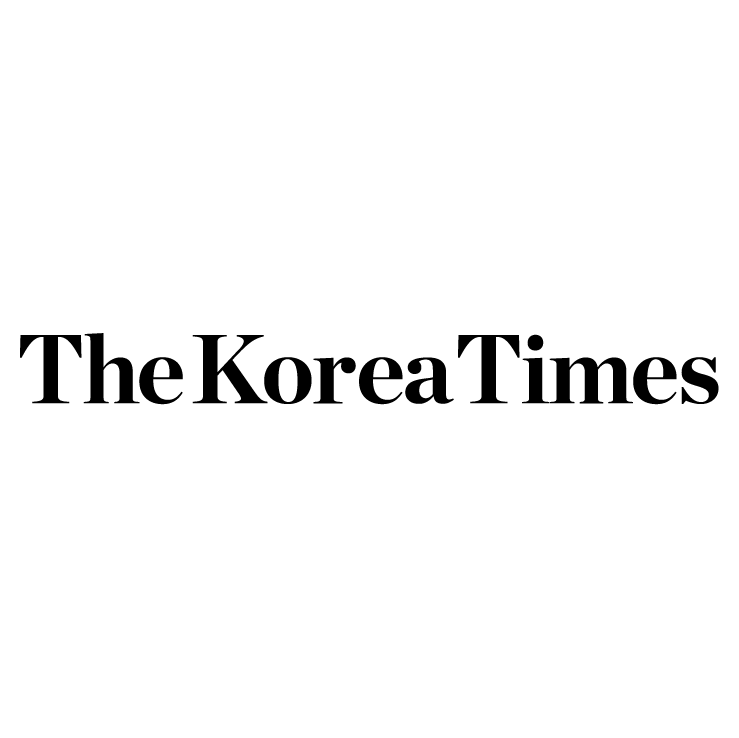Unique Malaysian Approach On Women Issues
By Dato' Rohana binti Ramli
 |
Malaysia established a National Policy on Women in 1989. A Plan of Action for the Advancement of Women was also established in 1997 and reviewed in 2009. The plan addresses 13 areas of concern relating to women such as legislation, poverty, health, education and training, violence against women, politics and decision making. It outlined strategies and actions to be undertaken by the various government agencies, private sector and NGOs in enhancing the status of women.
Malaysia has a five-year National Development Plan (Malaysia Plan). A women's program was first mentioned in the fourth Malaysian Plan (1981 ― 1985).
In the 10th Malaysia Plan (2011 ― 2015) continued focus was given to the economic empowerment of women, particularly increasing the Female Labor Participation Rate (FLPR) from the achieved rate of 47.9% in 2011 to 55% in 2015. However, the actual achievement of FLPR in 2015 was only 54.1%. Even though the achievement rate was slightly under the target set, it was reported that it had resulted in an additional 750,000 women entering the labor market and this had contributed to an increase of 0.3 percentage points to the GDP growth per annum.
Currently, Malaysia is implementing the 11th Malaysian Plan (2016 ― 2020). The objective of increasing FLPR continued in the 11th Malaysian Plan. The new FLPR's target set is to achieve 59% by 2020.
The Government realized that quite a number of women chose to stop working or take breaks from their careers for reasons, among others, to manage their household, i.e., taking care of their children and family. Many of these women are not only well educated but also talented. In this regard, the Government introduced various measures to create an enabling environment to ensure that women continue to remain in the labor market and if they do take career breaks, they have the opportunity to return. Measures that were introduced include financial incentives.
In 2015, so as not to waste these "talents" the Government introduced a program known as "the Career Comeback Grant Program." This program was implemented together with Talent Corp Malaysia ― an agency established in 2011 under the Prime Minister's Department. This agency formulates and facilitates initiatives which addresses the availability of talents in line with the need of the country's economic transformation.
The objective of the Career Comeback Grant Program is to encourage employer to recruit and retain women who had been on career breaks. Basically the women are given opportunities to return to work and at the same time the employer benefits as their talent pool is expanded. There are two (2) types of grants:
The Resourcing Grant is for programs that employers implement with the aim of recruiting women to return to work (women returnees). The grant offers co-funding of 75% of the cost incurred by employers to run the program and the amount is up to a maximum of RM100,000.
The Retention Grant is offered to employers who has successfully recruited and retained women returnees for more than six (6) months. The amount of the grant is equivalent to the returnees's one month salary. The Retention Grant is up to a maximum of RM100,000 per employee.
Other Government measures undertaken that created an enabling environment to ensure that women continue to remain in the labor market included incentives to encourage establishment of child care centers at work place; extending maternity leave for civil servants from 60 days to 90 days; increase paternity leave for civil servants from 3 to 7 days; unpaid leave for 5 years (career break) without losing out on seniority and service; and flexible work arrangements.
Malaysia has a population of 31.7 million. 51.73% are men and 48.26% are women.
The total number of civil servants (public sector) is 1.6 million. Out of this 57.21% are women and 35.6% of these women are holding positions at a high management level.
In the Malaysian Cabinet, there are only 3 women ministers (8.57%).
Dato' Rohana binti Ramli is the ambassador of Malaysia in Korea.
News from TheKoreaTimes


